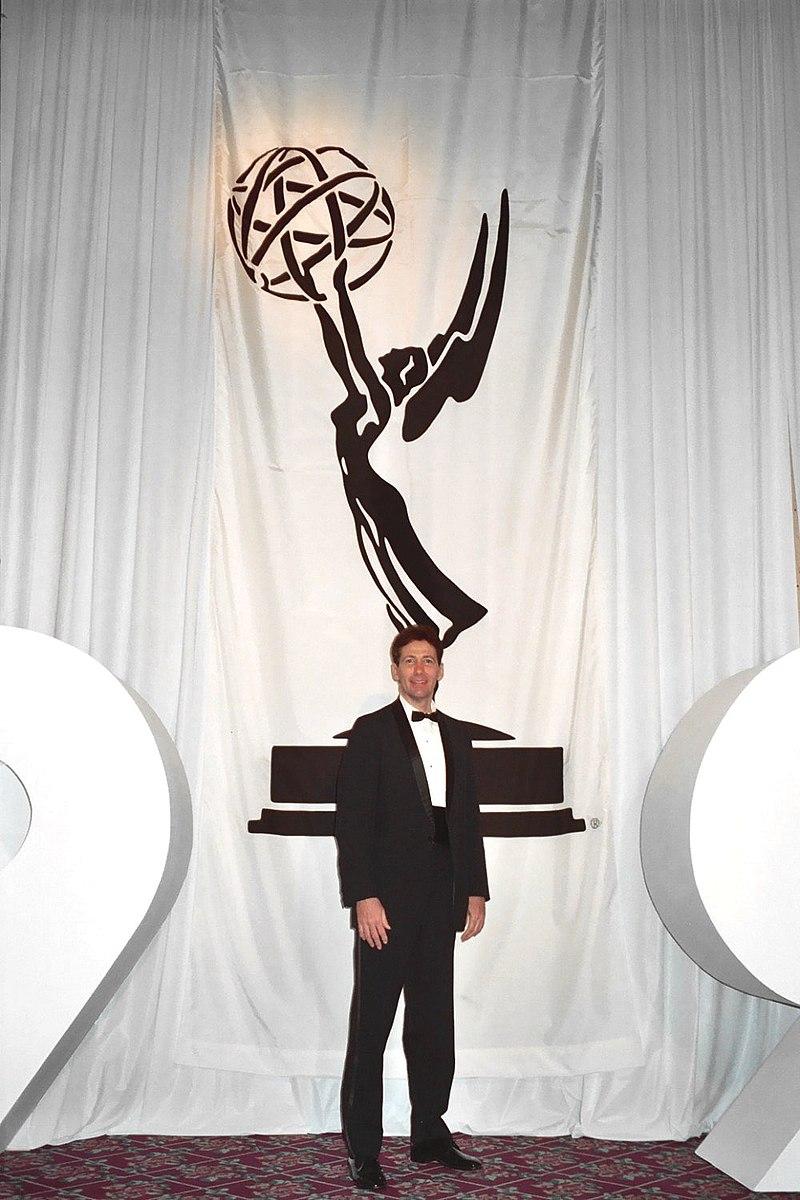In the landscape of television entertainment, few events command as much attention as the annual Emmy Awards. Celebrated for honoring excellence in the television industry, the Emmys have long been a benchmark for quality and achievement. However, in recent years, a growing discourse has emerged questioning whether these prestigious awards disproportionately favor prestige dramas over other genres. This article delves into the criteria and trends that shape the Emmy nominations and victories, exploring the extent to which the awards are skewed towards certain types of storytelling. By examining historical data, industry opinions, and the evolving nature of television content, we aim to provide a comprehensive analysis of whether the Emmys’ focus truly reflects the diversity and richness of modern television or if it leans too heavily towards a particular narrative form.
Exploring the Historical Bias Toward Prestige Dramas in TV Awards
In the realm of television awards, particularly those as esteemed as the Emmys, there has long been a perceived predilection for prestige dramas. These are typically characterized by their high production values, complex narratives, and often, a gravitas that seems to command attention and respect. Critics argue that this focus on prestige dramas may overshadow other genres that are equally deserving of recognition. The awards’ history suggests a pattern where shows with more profound or serious themes, such as “The Crown” or “Breaking Bad,” frequently dominate the nomination lists. This raises questions about whether the criteria for ‘quality’ might inadvertently favor certain storytelling styles over others.
- Diversity of Genres: Comedies, sci-fi, and fantasy often struggle to gain the same level of acknowledgment despite their popularity and cultural impact.
- Impact on Storytelling: This bias may influence creators to steer towards drama to enhance their chances of critical acclaim.
- Audience Engagement: There is a disconnect between what critics deem award-worthy and what viewers find entertaining.
It is crucial to explore whether this focus on prestige dramas truly reflects the diverse landscape of television today. By expanding the scope of what is considered award-worthy, the Emmys could better celebrate the full spectrum of television creativity.

Analyzing the Impact of Genre Diversity on Emmy Nominations
The landscape of television has dramatically transformed over the past decade, with genre diversity becoming a hallmark of modern programming. However, an analysis of recent Emmy nominations reveals a disproportionate focus on prestige dramas, often overshadowing other genres like comedy, science fiction, and reality TV. This trend raises questions about the criteria and biases that influence award selections. Prestige dramas often dominate due to their complex narratives and high production values, appealing to both critics and the award-giving bodies. Yet, this focus might inadvertently marginalize genres that are equally innovative and culturally significant.
- Comedy: While comedies have historically held a strong presence, recent years have seen a decline in their representation at the Emmys.
- Science Fiction: Shows with groundbreaking visual effects and storytelling often struggle to receive the same recognition as their dramatic counterparts.
- Reality TV: Despite massive viewership and cultural impact, reality television remains on the periphery of Emmy attention.
By diversifying the genres recognized, the Emmys could better reflect the eclectic tastes of today’s audiences and encourage a broader spectrum of creative exploration in television. Such an approach could also democratize the awards process, offering a more inclusive celebration of excellence across all forms of television storytelling.

Evaluating the Role of Criticism in Shaping Award-Winning Narratives
In the realm of television awards, particularly with events like the Emmys, the influence of criticism in sculpting narratives that garner accolades cannot be underestimated. Critics often serve as gatekeepers, shaping public perception and industry standards, which can significantly impact what is deemed award-worthy. Their analyses tend to favor narratives that push boundaries, explore complex themes, and display technical excellence. This focus can sometimes skew the spotlight towards prestige dramas, which are often characterized by their serious tone, sophisticated storytelling, and high production values.
- Critics’ reviews often highlight the thematic depth and artistic merit of shows, influencing award committees to prioritize these elements.
- Prestige dramas are frequently lauded for their nuanced characters and intricate plots, elements that critics and, by extension, award bodies tend to prioritize.
- The repeated acknowledgment of these dramas at award ceremonies can create a feedback loop, where producers and creators are incentivized to craft similar narratives to capture critical acclaim and award recognition.
While this critical focus on prestige dramas can elevate the television landscape by encouraging high-quality productions, it may also marginalize other genres and innovative storytelling methods. Comedies, science fiction, and other forms often find themselves on the periphery, despite their potential for significant cultural impact and audience engagement. The role of criticism, therefore, becomes a double-edged sword—both a catalyst for excellence and a potential barrier to diverse storytelling in the television industry.

Recommendations for Broadening the Scope of Recognition in TV Awards
To cultivate a more inclusive recognition landscape in television awards, it is essential to expand the scope beyond traditional prestige dramas. Embracing a wider variety of genres can offer a more comprehensive reflection of the television landscape. Consider the inclusion of categories that celebrate diverse storytelling methods such as anthology series, docudramas, and interactive content. This approach not only acknowledges the creative efforts behind these formats but also encourages innovation within the industry.
Moreover, diversifying the selection criteria can help ensure a fairer representation of talent and creativity across different styles of programming. Key recommendations include:
- Incorporating audience engagement metrics alongside critical acclaim.
- Recognizing excellence in emerging platforms and short-form content.
- Introducing categories for exceptional ensemble casts, regardless of genre.
Such measures can pave the way for a more equitable recognition system, celebrating the full spectrum of television artistry.
